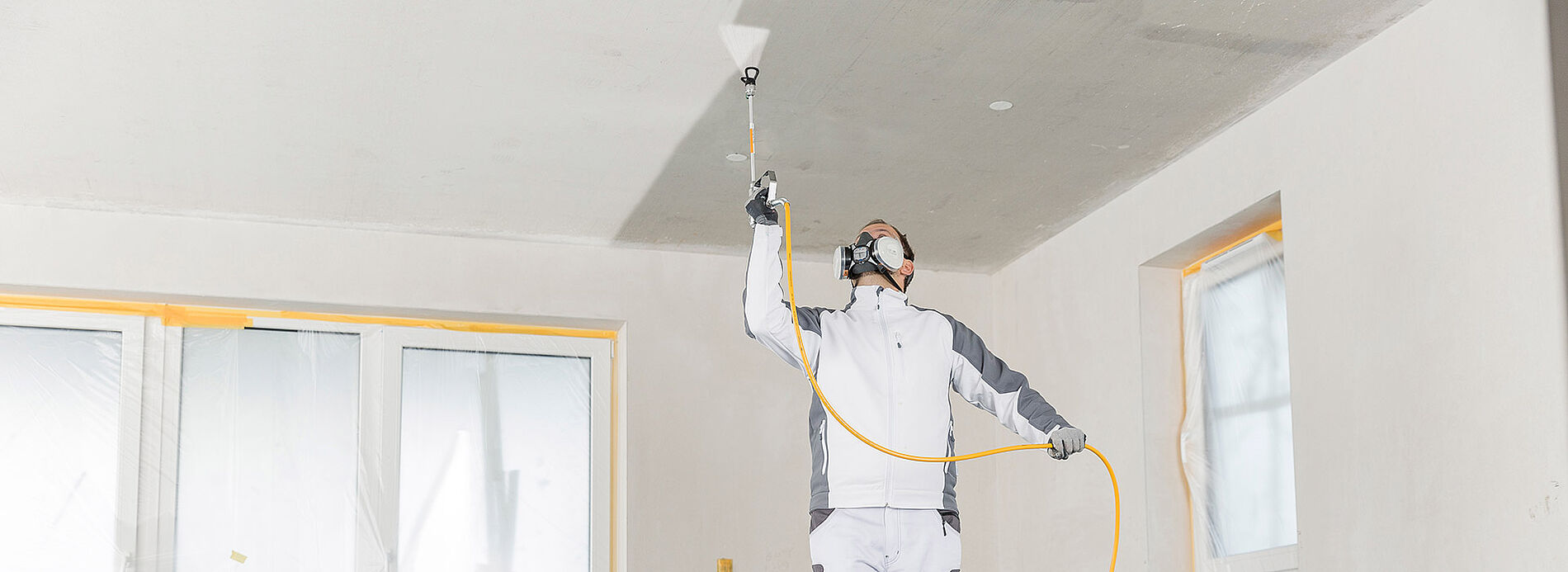When it comes to creating a quiet and peaceful environment, soundproofing methods play a crucial role. With technological advancements, Acoustic Spray has emerged as a modern alternative to traditional soundproofing methods. But how does it compare? Let’s explore the key differences, benefits, and applications of acoustic spray versus conventional soundproofing techniques to help you make an informed choice.

- Application and Versatility
Traditional soundproofing methods, such as acoustic panels, foam, or insulation, require precise installation and are often limited to specific areas like walls, ceilings, or floors. These methods involve cutting, fitting, and adhering materials, which can be labor-intensive and time-consuming.
Acoustic spray, on the other hand, is a more versatile solution. It can be applied to surfaces, including irregular or hard-to-reach areas like curved ceilings or corners. Its spray application allows for seamless coverage, making it an excellent choice for residential and commercial spaces.
- Efficiency in Sound Absorption
Acoustic panels and other traditional materials effectively reduce sound transmission and absorb noise, but they often require layering and additional materials to achieve optimal results. This can lead to increased costs and added weight to your structures.
Acoustic spray, however, offers excellent sound absorption properties with a single layer. Its dense, fibrous texture effectively traps sound waves, reducing echoes and improving acoustics in any space. This makes it a preferred choice for open offices, warehouses, and theaters.
- Aesthetic Appeal
Traditional soundproofing methods can be bulky and visually intrusive. Acoustic panels and foam boards, for instance, may not blend well with modern or minimalist interior designs, requiring additional effort to conceal or integrate them.
In contrast, acoustic spray offers a sleek and uniform finish. Available in various colors, it can be customized to match your décor. This makes it an attractive option for homeowners or businesses seeking an unobtrusive soundproofing solution.
- Cost and Installation Time
Traditional methods often involve high material costs and lengthy installation times, mainly if the project requires extensive coverage or customization. The need for skilled labor further adds to the expense.
Acoustic spray is a cost-effective alternative. Its quick application process reduces labor costs and minimizes downtime, making it ideal for projects with tight deadlines or budget constraints.
- Environmental Impact
Many traditional soundproofing materials are not eco-friendly and may contain chemicals harmful to health or the environment. Depending on the brand and formulation, Acoustic spray often uses sustainable materials and emits lower volatile organic compounds (VOCs), making it a greener option for soundproofing.

Conclusion
While traditional soundproofing methods have advantages, acoustic spray is a modern, efficient, and versatile alternative. Whether you want to improve acoustics in a home, office, or commercial space, acoustic spray offers a seamless blend of functionality and aesthetics.
If you’re considering upgrading your soundproofing solutions, Acoustic Spray Dubai services by DBZ provide expert consultation and high-quality solutions tailored to your needs. Visit DBZ today to discover how they can transform your space with cutting-edge acoustic treatments.




